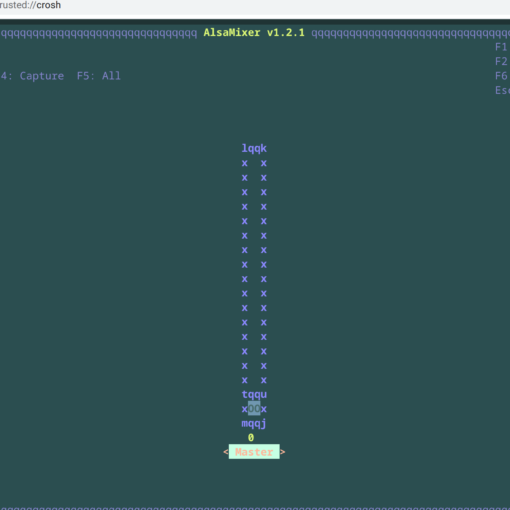Oracle’s open source contingent appears to be driving forward with the Java development experience (as it is now known) with the release of the NetBeans Integrated Development Environment (IDE) 7.2 for Windows, Mac, Oracle Solaris, Oracle Linux, and other Linux distributions.
Still focused on a core message to programmers that hinges around the rapid creation of web, enterprise, desktop, and mobile apps for Java, PHP, and C/C++, the new release promises enhanced productivity such as a bookmark manager; code completion in the search bar; JPA code completion; plus more hints and refactorings.
New with this release is native integration with FindBugs, an open source Java-based static analysis tool that provides code hints in the editor, offering immediate feedback and code inspections that can be run across projects.
NOTE: A research effort out of the University of Maryland, FindBugs requires JRE (or JDK) 1.5.0 or later to run. According to the tool’s homepage, it can analyze programs compiled for any version of Java, from 1.0 to 1.8. The current 2.0.1 version of FindBugs was released on 12 July, 2012.
“The new [NetBeans IDE 7.2] capabilities, which resulted from collaboration with users, can help developers write code quickly and efficiently for their web, enterprise, desktop, and mobile applications,” said Ted Farrell, chief architect and senior vice president, tools and middleware, Oracle.
Also in this release, users will find what Oracle labels as “smarter project scanning” to enable the IDE to start more smoothly and noticeably faster; plus there is also new background scanning that allows features such as Java editing to work faster (or “immediately” as Oracle puts it). In fairness, the customers quoted in the accompanying press statement to this story did call out background scanning as one of the key items of interest.
Finally, there is interoperability with the early access release of JavaFX Scene Builder for opening and visual editing of FXML files with Java FX Scene Builder.
NetBeans IDE 7.2 also includes FXML and CSS3 enhancements plus support for: PHP 5.4; PHP editor enhancements; PHP annotations and Symfony 2; C++11 standard and debugging improvements; Maven 3.0.4; and Groovy 1.8.6. TestNG can be selected as an alternative to the JUnit framework when creating tests. In addition, wizards for creation of TestNG-based test cases and test suites are now available.

